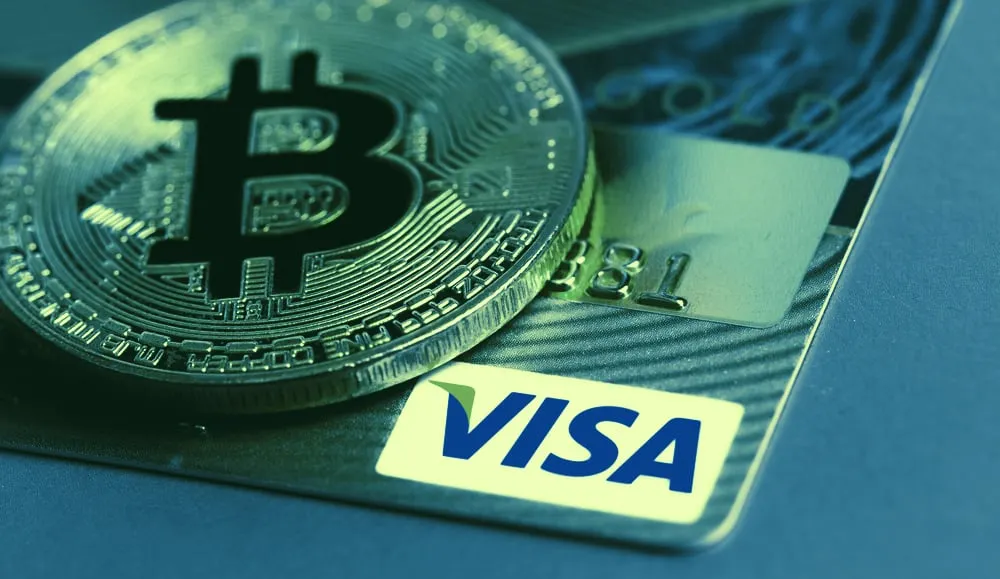UNICEF, a United Nations agency that provides humanitarian and developmental aid to children around the world, has said that the mainstreaming of digital currencies creates a need for new safeguards designed to protect children.
“Unregulated cryptocurrencies pose a threat to the stability of financial systems, government revenues on which many child services depend,” the Prospects for Children 2022 report reads.
The charity also noted that cryptocurrencies can harm children directly by facilitating “unregulated transactions that underpin child trafficking, sexual exploitation, the sale and purchase of content depicting child abuse, and the defrauding and extortion of children.”
“Now is the time to begin incorporating cryptocurrency and digital currency child safeguards into online child protection initiatives,” the organization added.
The UNICEF report and crypto
UNICEF points to a financial technology revolution “led by the rise in digital and cryptocurrencies,” that gathered steam in 2021.
The report cites Mastercard and Visa initiatives to offer cryptocurrency wallets to their clients, as well as a survey which indicated that 40% of global consumers intend on using cryptocurrencies in 2022 to claim the crypto-trend will only increase in the next 12 months.
UNICEF does, however, recognize that some of the world’s largest economies are cracking down on the industry, too.
“China’s decision to implement a closely controlled and monitored digital currency that builds on many of the innovations, while declaring all cryptocurrency transactions illegal, offers one template for curbing the proliferation of private financial technologies in favor of public alternatives,” the report says.
“India appears to be following suit by contemplating a ban on private cryptocurrencies,” UNICEF added.
While UNICEF’s report raises concerns over the mainstream adoption of cryptocurrencies, it also argues that the promise of greater financial inclusion offers “significant benefits to the livelihoods of families around the world.”
“As we wait to see what direction these trends take us in, the implications for children hang in the balance,” it wrote.
First UN organization to take crypto donations
Despite its highlighting the risks posed by cryptocurrencies, UNICEF has embraced the technology itself.
The charity was one of the first to accept cryptocurrency for donations, back in 2019, becoming the first UN organization to hold and make transactions in crypto. In April 2021, the UNICEF CryptoFund received a welcome boost in the form of a $1 million donation from crypto exchange Huobi.

Crypto Credit Card Usage Reaches $2.5 Billion in Q1: Visa
In an earnings call on Thursday, Visa stated that its customers made $2.5 billion in payments using its crypto-linked cards during the first fiscal quarter of 2022. (Visa defines the quarter ending December 31 as its first quarter of the new year.) That’s over 70% of all crypto-card volume throughout fiscal 2021, signalling increased adoption of digital asset payments. Visa CFO Vasant Prabhu expressed optimism over the development in an interview with CNBC. “To us, this signals that consumers s...
The nonprofit has also seized on the fundraising possibilities of non-fungible tokens (NFTs); in December 2021, UNICEF launched a collection of NFTs to celebrate its 75th anniversary, raising money for school Internet connections as part of its Giga Initiative.




